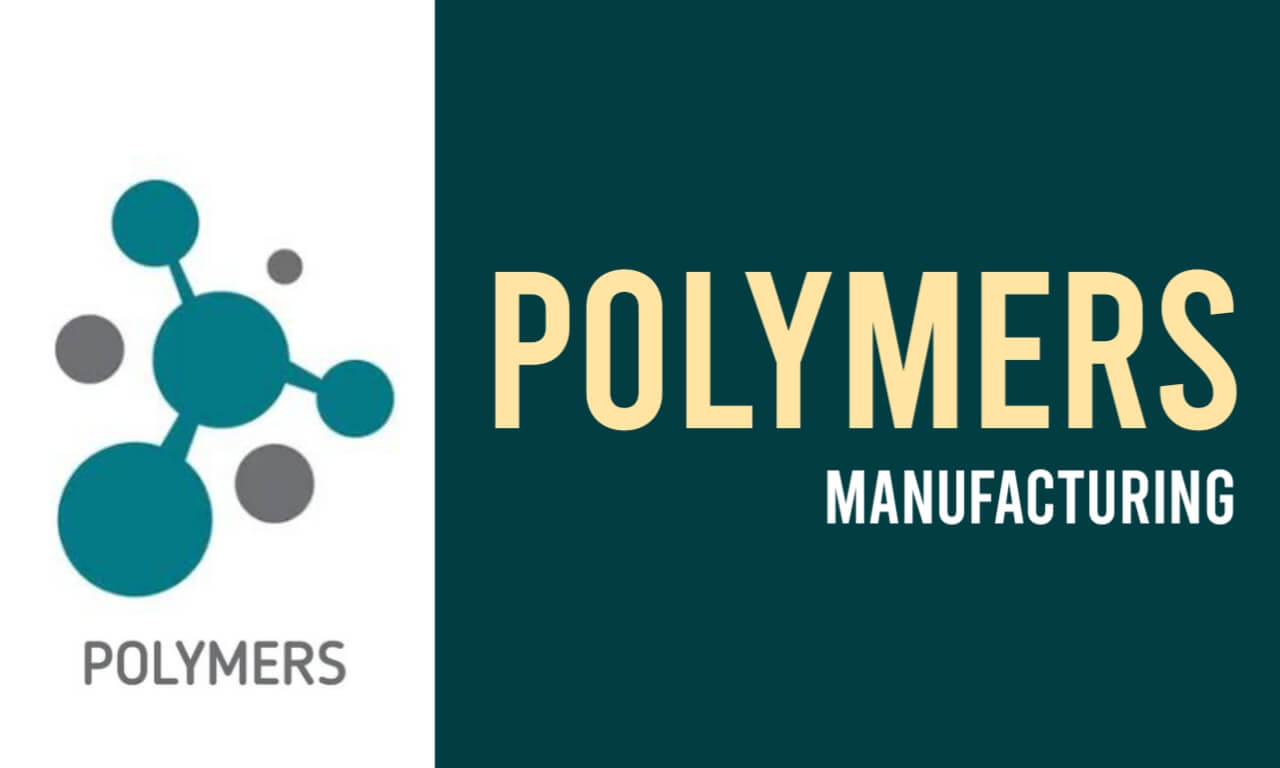
Polymers are a very important part of our daily life. Polymer are classified into two categories: artificially produced polymers or polymers that are natural. Synthetic polymers are man-made, while natural polymers are compounds that occur naturally in plant and animal cells.
Synthetic and natural polymers have many different uses, but their most common use is in plastics.Polymer chains can be formed into hard plastics such as plastic bags or soft plastics such as packaging materials, etc.
What is a Polymer?
Polymers are generally highly abrasive materials that can be used to clean surfaces. Polymers are also used in the manufacture of the following items:
- Adhesives
- Building materials
- Cleaning agents
- Cleaning agents
- Food packaging materials
How do polymer properties affect manufacturing?
Polymers are organic compounds with lengthy chains. They are mostly synthetic and are made by combining individual chemical entities. Each polymer has its own characteristics that determine how it is used in the manufacturing process.
Polymers can be thermoplastic or thermoset depending on their chemical structure and behavior during processing. Thermoplastics can be formed, but thermosets cannot. Thermoplastics melt when heated, while thermosets do not. Instead, they break down and form gas.This makes thermosets unsuitable for use in extrusion processes, as their molecular chains begin to break down into smaller fragments when heated.
What role does polymer chemistry play during production procedures?
Polymer chemistry is the science of polymer synthesis. It has various uses in manufacturing processes. Polymer chemistry is used in manufacturing processes to produce plastics, rubber and adhesives.It also has other uses, including drying agents for paints and coatings, aerosol propellants, and flame retardants for fabrics. As mentioned earlier, polymers are made up of long chains of interconnected atoms and the differences between these polymers depend on the arrangement of these chains: some are soluble in water or oil, while others are insoluble, flexible or flexible depending on the material they are made of are brittle. You are done.
Other benefits of Polymers
These properties give polymers an important role in manufacturing processes such as pharmaceuticals, packaging, textiles, adhesives, ceramics and metals, and printing. This, however, is only the tip of the iceberg: Every day, polymer goods are used in industries including gadgets, personal hygiene, and filtration. In recent years, the use of polymer materials has increased significantly as 3D printing has opened up new possibilities for product design.
This has opened up opportunities for those not necessarily interested in traditional manufacturing processes. Today, 3D printing is a technology that has won the trust of many product designers.It offers great potential for product designers to develop exciting new products. The application is not limited to prototypes; Large-scale productions are also possible. There are several ways to make larger products with 3D printers, including using "binder jetting," which sprays layers of plastic binder onto a platform filled with powdered materials.
As it dries, the binder hardens into a hard plastic, building up the object layer by layer until the project is complete. Once each layer is complete, the hot air fuses the adjacent layers together to form a solid print. Given the number of applications and the speed at which science is producing more and more synthetic polymers, it's easy to see why they are so widespread.





0 Comments